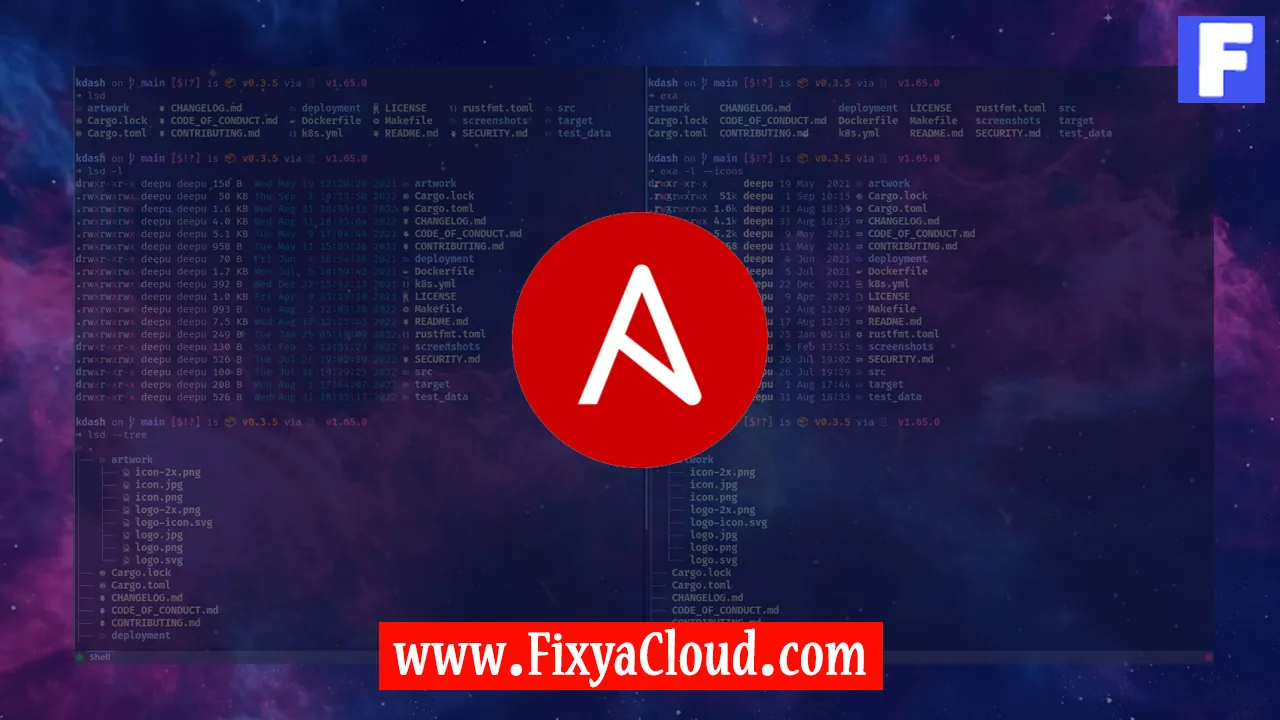Streamline Your DevOps Workflow with Ansible and Jenkins

In the ever-evolving landscape of DevOps, efficiency is paramount. Streamlining workflows can significantly enhance productivity and collaboration within development and operations teams. Ansible and Jenkins, two powerful automation tools, when combined, offer a seamless and efficient DevOps workflow. This article will guide you through the integration of Ansible and Jenkins, providing step-by-step instructions, essential commands, and examples to help you optimize your development and deployment processes.
Setting the Stage: Understanding Ansible and Jenkins
Before diving into the integration process, let's briefly understand Ansible and Jenkins.
Ansible: Ansible is an open-source automation tool that simplifies configuration management, application deployment, and task automation. It uses a declarative language to define system configurations, making it easy to understand and deploy.
Jenkins: Jenkins is a widely-used automation server that facilitates continuous integration and continuous delivery (CI/CD). It automates the building, testing, and deployment of code, fostering collaboration among team members.
Integration Steps: Making Ansible and Jenkins Work Together
Install Ansible and Jenkins:
Ensure both Ansible and Jenkins are installed on your system. You can install Ansible using package managers like yum or apt, while Jenkins can be set up by downloading the package from the official website.# Install Ansible
sudo yum install ansible # for Red Hat-based systems
sudo apt-get install ansible # for Debian-based systems
# Install Jenkins (example for Linux)
sudo wget -O /etc/yum.repos.d/jenkins.repo https://pkg.jenkins.io/redhat-stable/jenkins.repo
sudo rpm --import https://pkg.jenkins.io/redhat-stable/jenkins.io.key
sudo yum install jenkinsConfigure Ansible:
Create an Ansible playbook for your project. This playbook will define the tasks Ansible should automate. Save it with a .yml extension.# example_playbook.yml
---
- name: Deploy Application
hosts: your_servers
tasks:
- name: Copy application files
copy:
src: /path/to/your/app
dest: /var/www/app
- name: Restart application
systemd:
name: your_app
state: restartedIntegrate Ansible with Jenkins:
Install the Ansible plugin on Jenkins to enable seamless communication between Jenkins and Ansible.- Open Jenkins, navigate to "Manage Jenkins" -> "Manage Plugins" -> "Available," and search for "Ansible."
- Install the Ansible plugin.
Create a Jenkins Job:
Set up a new Jenkins job and configure it to use Ansible.- In Jenkins, click on "New Item," choose "Freestyle project," and enter a name for your project.
- Under the "Build" section, add a build step: "Invoke Ansible Playbook."
- Specify the path to your Ansible playbook and configure other settings as needed.
Build and Deploy:
Trigger the Jenkins job to build and deploy your application. Jenkins will execute the Ansible playbook, automating the deployment process.
More Examples: Exploring Advanced Use Cases
Explore advanced use cases by incorporating additional Ansible modules, Jenkins plugins, and integrations with version control systems. For instance:
- Use the Ansible Vault for securing sensitive data in your playbooks.
- Implement Jenkins Pipeline to define your entire CI/CD process as code.
Empowering DevOps with Ansible and Jenkins
So, combining Ansible and Jenkins empowers DevOps teams to create a robust, automated workflow. From configuring infrastructure to deploying applications, this integration enhances efficiency and collaboration. By following these steps and exploring further possibilities, you can optimize your DevOps processes and stay ahead in the rapidly evolving tech landscape.
Related Searches and Questions asked:
That's it for this topic, Hope this article is useful. Thanks for Visiting us.
